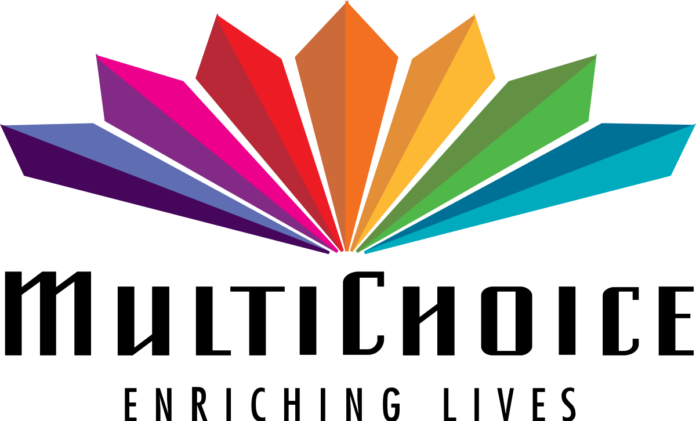
MultiChoice Group CEO Calvo Mawela has disclosed that the paid-TV broadcaster is considering offering smaller, cheaper channel bundles, known in the industry as “skinny bundles”, but said that no decision has been made about going down this route.
He reportedly told TechCentral in an interview that MultiChoice is conducting research with a select group of customers into whether it would make sense to introduce skinny bundling — essentially smaller bundles offering at lower prices — into its offerings.
Mawela said research like this is conducted often inside MultiChoice, particularly to test new ideas in broadcasting that are gaining currency internationally to see whether they have merit in the South Africa and broader African markets in which the group operates. The idea of the research, he said, is to understand customer preferences and how consumers would respond to such offerings being available to them.
It’s continuous research in a number of areas, including skinny bundling, and no decisions have been made,” Mawela said.
Tough Competition
Meanwhile, in Ghana and parts of the continent, StarTimes is given MultiChoice still competition by introducing cheaper services for almost the same content DSTv and GoTV offers. This has compelled MultiChoice to give more content for less on some of the bundles. But it still remains the most expensive pay TV on the continent.
Some individuals have also found comfort in digital TV apps that offer all the premium channels from around world, which DSTV and GoTV sells for high, at a negligible data cost, provided the internet service is stable. This is clear disruption driving possible change at MultiChoice for the benefit of the viewing public.
Such a change, if it were to happen, would be a significant change in strategy for MultiChoice, which has historically tightly integrated its SuperSport channels with its channel bouquets. For example, viewers who want the popular M-Net entertainment channel must subscribe to the full suite of sports channels, if even those viewers are not interested in sport. This has shortchange many MultiChoice customers, but could change soon.
5% drop in customers
Read also: Ghana’s internet cost ranked cheapest in West Africa
The discussion around skinny bundles comes at a time when MultiChoice reportedly gained 5% in subscribers from a year ago, with most of that growth coming from outside South Africa. The figure for South Africa was just 2%.
The company said in its interim half-year results ending September, 2021 that it added a million 90-day active subscribers to close the reporting period on 21.1 million.
The business in the rest of Africa (RoA) experienced accelerated growth primarily on the back of major sporting events and successful local content productions, while growth rates in South Africa were subdued by rising consumer pressure and tough ‘comparables’ given the boost in the prior year numbers triggered by strict lockdown restrictions at the time,” it said.
MultiChoice now has 12.2 million 90-day MultiChoice now has 12.2 million 90-day active households in RoA and 8.9 million in South Africa.
The group’s streaming platform Showmax had a rollicking time, by contrast, with subscribers increasing by 42% year on year.
Group core headline earnings, the group’s board considers a measure of sustainable business performance, were down 26% on the prior period to R2-billion.
This reduction in earnings was attributable to higher realised foreign exchange losses caused by the stronger rand relative to the hedged rates of the group’s forward exchange contracts in the South African business during this period,” MultiChoice said. Despite this, the group said the hedging strategy makes sense as it protects it against currency fluctuations over time.
Group trading profit increased by 5% to R6-billion (6% organic), benefiting from 7% growth in South Africa, with RoA losses remaining largely in line with the prior period.

